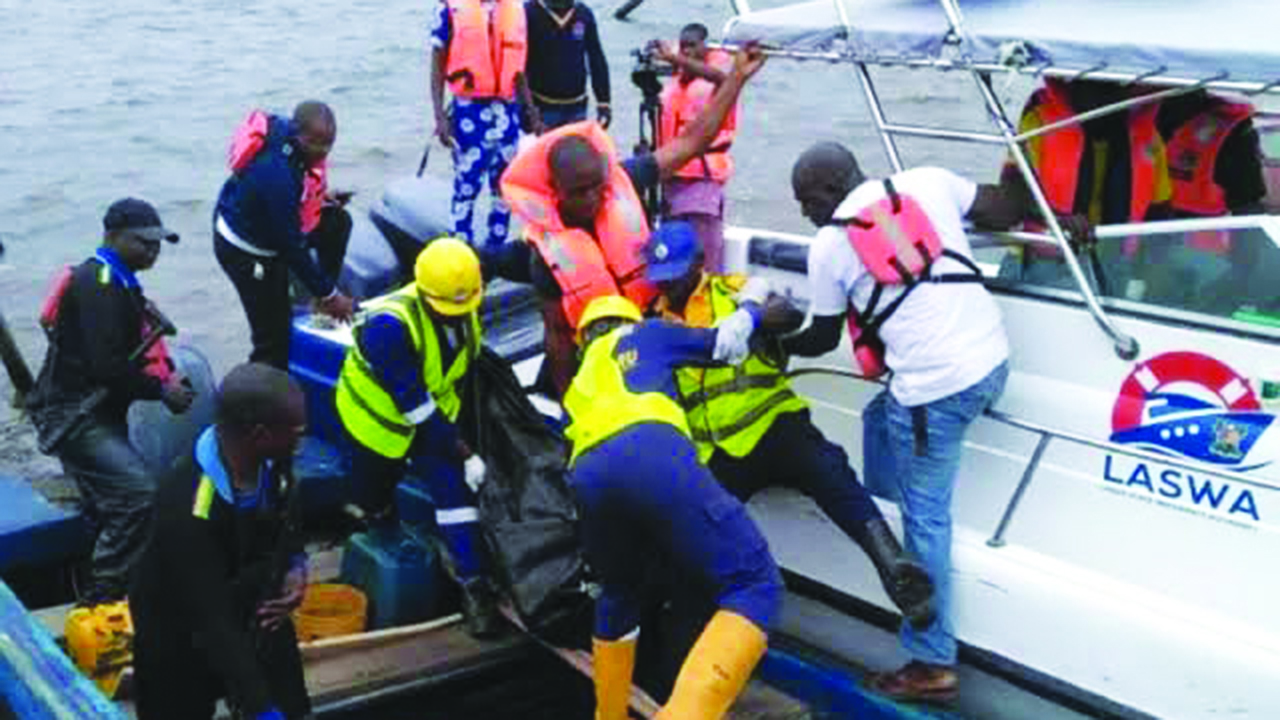
The Managing Director, (MD), National Inland Waterways Authority, Mr. Bola Oyebanji, has identified human errors, drug usage, and disobedience to the rules and regulations as major causes of boat mishaps on Nigeria’s waterways in the past three years.
Oyebanji who disclosed this while fielding questions from the members of the House Representatives Committee on NIWA who were on oversight function to the Headquarters of the Authority in Lokoja on Wednesday, stated that the Authority is committed to the safety of Nigerians using the water transportation.
The Managing Director pointed out that 99 percent of the mishaps on the waterways were a result of human errors, noting that research has shown that the operators are committing avoidable mistakes which could have been avoided.
He stated that some of the operators live on drugs to influence their activities, which makes them high and eventually make unpardonable mistakes.
Oyabanji added that some operators are repugnant to following rules and regulations, wondering how a wooden boat which is supposed to carry few passengers could carry between 150 to 200 passengers.
He stated the regulation code only provided N30,000 as a penalty for the offenders.
The Chairman of the House Committee on NIWA, Mr. Ojema Ojotu who led other seven members to Lokoja, explained that the inland waterways are an integral part of Nigeria’s transportation framework, offering immense potential for enhancing connectivity, reducing road congestion, and stimulating economic growth.
“As representatives of the people, it is our duty to ensure that this potential is harnessed effectively for the benefit of all Nigerians.
“This visit provides us with the platform to scrutinize ‘critical areas such as operational efficiency, safety on our waterways, infrastructure development, and the overall management of resources allocated to NIWA.
“We recognize the unique challenges associated with managing waterways, including the recurring issues of boat mishaps, flooding in vulnerable regions along the waterways, and the demand for modernized infrastructure such as inland ports and navigable channels.
“As we deliberate today, it is imperative to consider how these challenges can be addressed to enhance safety, efficiency, and economic viability.
“The strategic importance of inland ports cannot be overstated, especially in fostering internal and regional trade and serving as vital links in our national logistics chain.”






